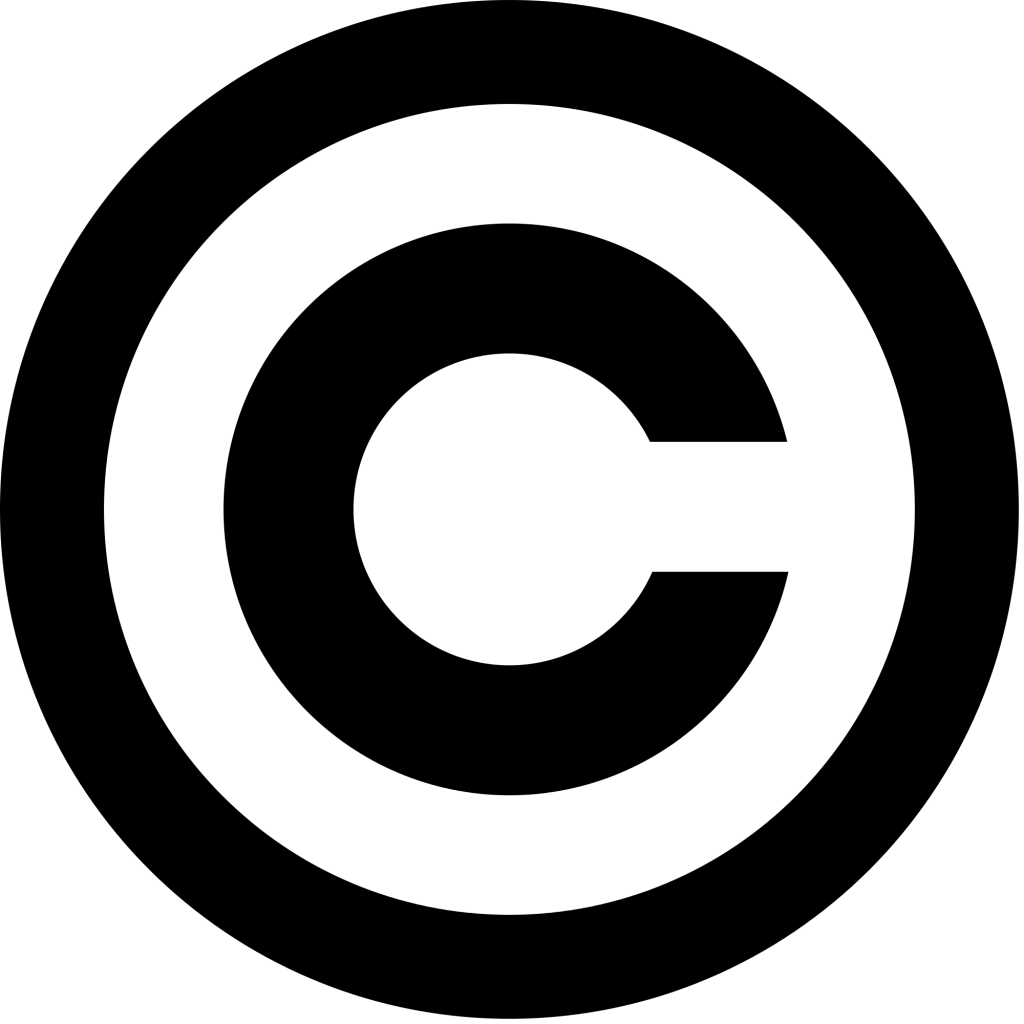Basically everything you see on the web is copyrighted as soon as it is put on the Internet. Pictures, videos, text, music and other Internet works are Copyright Protected. If you are considering Philadelphia web design to give yourself a web presence, remember not to “borrow” anything from another website without getting the written permission of the website owner. If you engage in Philadelphia web design without adhering to this simple rule of thumb, you are likely committing copyright infringement.
A friend of mine named Stuart Carpey is an accident attorney in Philadelphia, and he was actually the one who first pointed out that some of the images on my blog might be copyright infringements because I had not secured the express permission of Facebook (for instance) even though I used the Facebook icon on my blog post. Naively, I didn’t realize I was doing anything wrong because I saw plenty of other bloggers doing the exact same thing. Apparently we are all infringing on Facebook’s copyright by doing this. So now I’ve got to go back through all my blog posts and create a new graphic that I don’t “borrow” from anyone.
Be wary of “borrowing images” for your blogs. It is tempting to search Google images for that logo or picture that really highlights the blog post you are writing. When you find that perfect illustration, it is very easy to right click it, copy it, and paste it into your blog post, or to simply add a link to it so that it appears on your post even though the actual image remains on the other server that you borrowed it from.
Anyway, the US copyright law stems from the time when the United States “acceded” to the Berne Convention in 1988. This international agreement was originally written in Switzerland to recognize the copyrights of material written in other countries. What this agreement means to you is that your work is automatically copyright protected as soon it is “fixed in a tangible medium of expression, “ meaning written down, posted, recorded, etc. The actual time the copyright lasts depends on whether you wrote the program, text, etc, as an employee or on your own. If you wrote it as an employee, then your copyright lasts 95 years, but if you wrote it on your own, then your copyright lasts your whole lifetime, plus an additional 70 years.
If you want to enforce your copyright in court you have to register it with the government. To do that, go to www.copyright.gov/eco/ and fill out the form that pertains to your work. It costs $55 and you get a registration certificate for your copyright.
So what do you do if another website reposts your content without your permission? You can send them a “takedown notice” and they usually will comply. If your copyright is registered, it is a lot easier to get the other site to comply.
The next time you are contemplating a new Philadelphia web design, make sure you don’t inadvertently copy someone else’s work, or you may be in violation of US Copyright laws.


